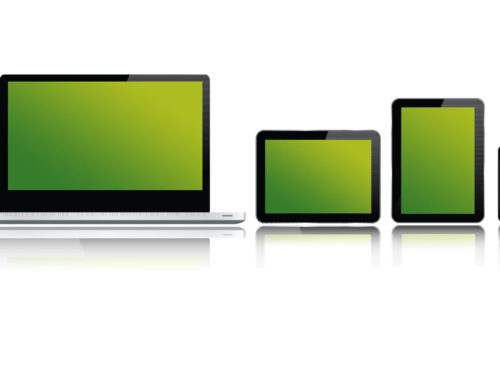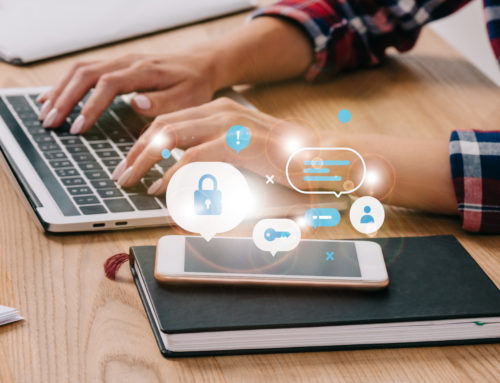
Other than “needing” that latest model, a dying battery is one of the primary reasons you may feel like your current iPhone or iPad should be replaced. Therefore, it’s not surprising that battery replacement is one of the most common iPhone/iPad repairs. Below is a summary of four simple tips you can use to maximize your mobile device’s operating time and life span.
Read more at: http://www.lawtechnologynews.com/id=1202715529373/Four-Ways-to-Protect-Your-iPhone-and-iPad-Battery#ixzz3PvyIOzCS
1. Stay cool.
Don’t keep your device inside a hot vehicle or place it in any home or office location that receives direct sunlight. The lithium ion cells inside iOS devices thrive at cold temperatures. At 32 degrees Fahrenheit, a lithium-ion battery loses approximately six percent of its maximum capacity per year. At 77 degrees, the number rises to 20 percent. At 104 degrees expect your iOS device to lose more than one-third of its maximum battery capacity each year.
2. Keep it charged.
Unlike some other types of power packs, Li-ion batteries don’t have “memory,” so it’s safe to begin a recharge at any capacity level. Actually, regularly discharging a Li-ion battery to near zero before recharging will shorten its life span over time, so try to top yours off whenever you can.
3. Avoid wireless charging.
Inductive (wireless) charging eliminates the need to plug in a device to charge it, but induction is inherently less efficient than direct contact. The induction process sheds wasted energy in heat, which damages the device’s battery over time.
4. Avoid “fast chargers.”
A variety of “fast chargers” promise to refresh an iPhone/iPad battery anywhere from 40 to 60 percent faster than a conventional charger. Lithium-ion batteries are designed to charge and discharge at a steady rate so “fast” charging can reduce battery life in the long-term. It’s okay to use one of these chargers in a pinch … just don’t make it a normal practice if you can help it.
By following tips like those listed above and using good battery management practices, your iPhone or iPad lithium-ion battery should last 3-5 years. That ought to easily get you through the practical life cycle of any i-device before you move on to the next best, fastest, thinnest model! At TechOrchard, our services include assisting you in purchasing your iPads or other mobile devices, as well as device training, usage best practices and app training. We also provide a wide range of services related to Enterprise Mobility Management that will help you maximize the value of mobility in your organization. For more information about how we can help, contact us at 913.685.1475.




